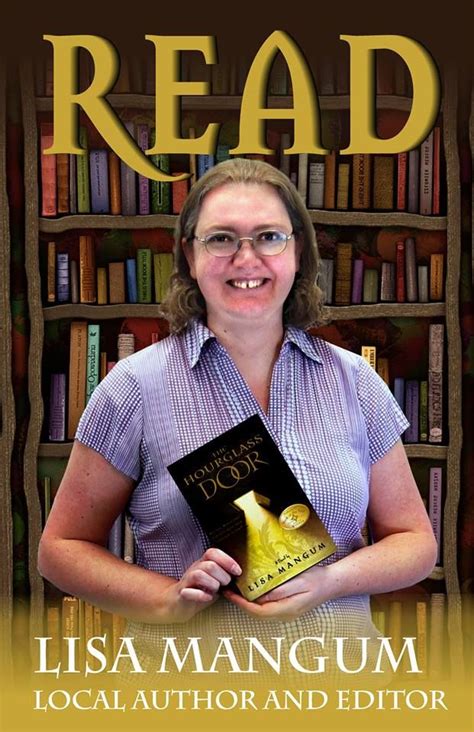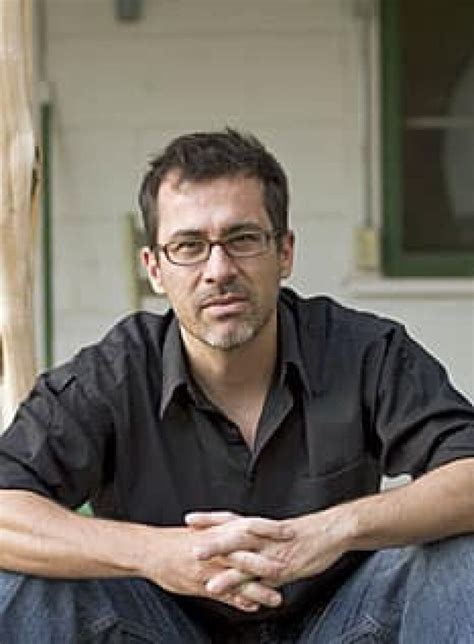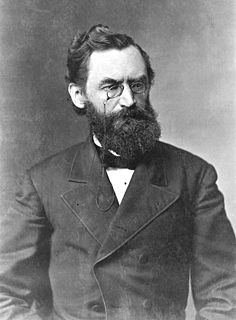A Quote by Anne Waldman
Obviously, if I'm reading in Vienna or Venezuela or Italy, there's the issue of language, and I will make choices that are more sound oriented. Or I'll try to incorporate those languages and occasions somehow.
Related Quotes
I speak English, obviously, Afrikaans, which is a derivative of Dutch that we have in South Africa. And then I speak African languages. So I speak Zulu. I speak Xhosa. I speak Tswana. And I speak Tsonga. And like - so those are my languages of the core. And then I don't claim German, but I can have a conversation in it. So I'm trying to make that officially my seventh language. And then, hopefully, I can learn Spanish.
Salieri was a pupil of Gluck. He was born in Italy in 1750 and died in Vienna in 1825. He left Italy when he was 16 and spent most of his life in Vienna. He's the key composer between classic music and romantic music. Beethoven was the beginning of romantic music, and he was the teacher of Beethoven and Schubert.
Writing in African languages became a topic of discussion in conferences, in schools, in classrooms; the issue is always being raised - so it's no longer "in the closet," as it were. It's part of the discussion going on about the future of African literature. The same questions are there in Native American languages, they're there in native Canadian languages, they're there is some marginalized European languages, like say, Irish. So what I thought was just an African problem or issue is actually a global phenomenon about relationships of power between languages and cultures.
Some people think I am an issue-oriented writer, but I've never said to myself, I'm gong to write about such-and-such an issue - that would make for incredibly boring writing, at least to my taste. Creating someone I don't know and her made-up world shows us more about who we are - is actually a better mirror - than if I were to parade in front of you an instantly recognizable person in an instantly recognizable situation. I'm not saying, Let's make it all abstract and weird and difficult and thereby you will know more about yourself. My process is much more organic than that.
Those who become hyperpolyglots are those who meet two criteria. One, they are exposed to language material. Two, they undertake learning languages as a mission as well as acquiring the personal identity as a language learner.I describe the "neural tribe theory" of hyperpolyglots, arguing that they possess an atypical neurology that is selected by some environments and not others; presumably, there have always been humans walking around with that set of neurological traits or factors, only some of whom actually use those things for languages.







































